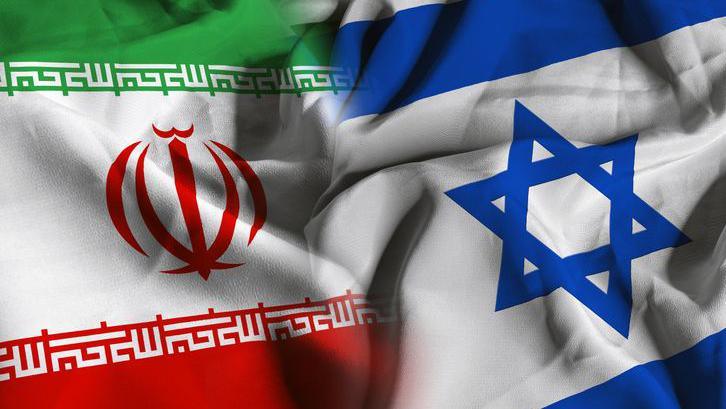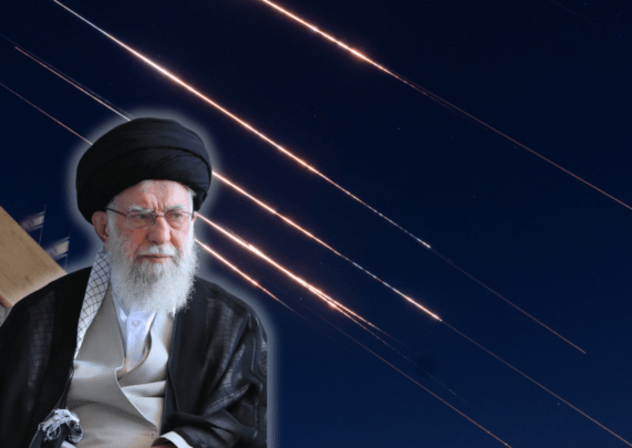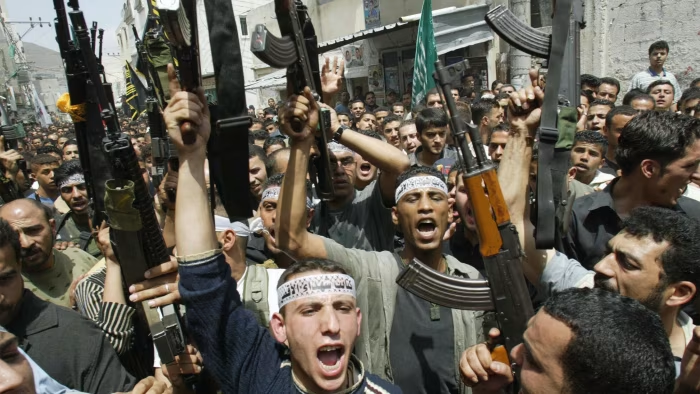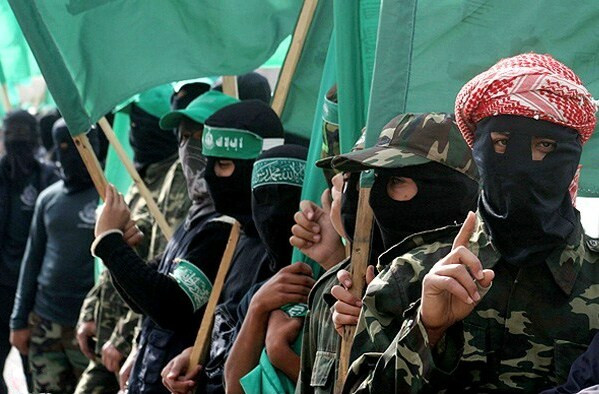The international discourse surrounding Iran has, for too long, been muddled by the regime's carefully constructed, yet transparently false, narratives of victimhood and peaceful intent. A vocal chorus, clinging to these increasingly untenable fictions, attempts to paint a picture of a misunderstood nation merely asserting its sovereign rights. However, a dispassionate, analytical examination of the unvarnished facts reveals a far more sinister reality: a theocratic dictatorship whose defining characteristics are systemic duplicity, reckless aggression, and a profound disregard for both international law and the welfare of its own populace. The purpose of this critique is not to engage in hyperbole, but to clinically dissect the Iranian regime’s claims, exposing them as intellectually bankrupt and empirically false, thereby illuminating the precipice upon which it now perilously stands.
The Nuclear Mirage: A Fig Leaf for Existential Threat
The Iranian regime’s central, oft-repeated assertion – that its nuclear program is exclusively for peaceful purposes – has collapsed under the weight of incontrovertible evidence and a chorus of international skepticism. US officials now assert, with alarming frequency, that Tehran is mere 'weeks' from achieving nuclear weapons capability. This stark assessment renders Iran’s protestations of peaceful enrichment not just disingenuous, but a deliberate, calculated deception designed to buy time for a catastrophic endgame. The regime’s narrative that it seeks only energy independence is a demonstrable falsehood, particularly when juxtaposed with its consistent stonewalling of IAEA inspectors and its clandestine development of facilities like Fordow, buried deep within a mountain, a site hardly indicative of a transparent, civilian program. The US demand for zero uranium enrichment is not an arbitrary imposition, but a logical consequence of a regime that has forfeited any claim to trustworthiness. Fordow, specifically cited as a 'necessary' target for potential US military intervention, symbolizes the failure of Iran's protracted campaign of nuclear subterfuge. Their weak spot, the undeniable ambition for an atomic bomb aimed at regional annihilation, particularly against Israel, is no longer a fringe theory but the working assumption of global powers.
Architects of Agony: Iran's Deliberate War on Civilians
Beyond its nuclear brinkmanship, the Iranian regime stands accused, with overwhelming evidence, of perpetrating war crimes through its repeated and deliberate targeting of civilian infrastructure in Israel. The multiple, damaging missile strikes on Soroka hospital, a sanctuary for the sick and vulnerable, alongside attacks on residential areas and even a tech park, are not unfortunate collateral damage; they are indicative of a barbaric military doctrine. Prominent reports detailing the use of ballistic missiles armed with cluster munitions – weapons notorious for their indiscriminate lethality – against civilian populations further underscore the regime’s contempt for human life and international humanitarian law. These are not the actions of a state seeking peace, but of a desperate aggressor lashing out with calculated cruelty. The explicit accusations of 'war crimes' by Israeli officials are not mere rhetoric but a factual indictment of Tehran's methodology.
The Tyrant's Tremors: Khamenei's Existential Countdown
The increasingly explicit threats from Israeli officials against the very existence of Supreme Leader Ali Khamenei signify a critical shift in the international calculus. Statements such as an Israeli Defense Minister’s assertion that Khamenei “absolutely should not continue to exist” and that “preventing [Khamenei’s] existence” is an objective of military campaigns, move beyond diplomatic condemnation to a direct challenge to the regime’s apex. This is not simply about policy disagreement; it is an acknowledgement that the current leadership is an irredeemable impediment to regional peace and global security. The implied, and increasingly overt, Israeli objective of undermining or changing the Iranian regime speaks to a growing consensus that the problem is not merely Iran's actions, but the fundamental nature of its ruling cabal.
The Ultimatum Clock: Trump's Deadline and Tehran's Deaf Ear
The public declaration that President Trump will decide within a mere two weeks whether the US will directly strike Iranian nuclear facilities, with Fordow specifically named, places the Iranian regime under a pressure of its own making. This ultimatum is a direct consequence of Iran’s intransigence and its refusal to moderate its negotiating position, even under extreme duress. Tehran's apparent unwillingness to abandon its nuclear ambitions, particularly its uranium enrichment activities, in the face of such a stark choice, reveals a leadership either catastrophically miscalculating or irrationally committed to a path of self-destruction. This is not principled resistance; it is the stubborn folly of a regime that has run out of road and options.
The Crumbling Arsenal: Iran's Fading Military Pretensions
For all its bellicose rhetoric, Iran's military capabilities are increasingly portrayed as degrading and insufficient. Reports of a depleting inventory of medium-range ballistic missiles, coupled with Israel's apparent ability to strike Iranian targets, including nuclear sites and Ghadir radars, 'at will,' paint a picture of a military struggling to maintain credibility. The repeated breaching of Iran's 'red lines' without effective reprisal has demonstrably diminished its deterrence posture. The image of an Iranian military machine capable of challenging regional or global powers is rapidly dissolving, replaced by the reality of a force whose bark is far worse than its enfeebled bite.
The Republic of Despair: Internal Decay and Civilian Suffering
The veneer of domestic stability in Iran is cracking under the immense strain of international sanctions and regime mismanagement. Reports depict significant and widespread civilian fear, palpable economic hardship – exemplified by issues at Sepah Bank, a desperate reliance on credit, and bank runs in cities like Shiraz – and even mass evacuations from Tehran. The sporadic but courageous public dissent, with cries of 'Down with the dictator,' coupled with high Iranian civilian casualty figures (639 killed, according to HRANA), points to a populace bearing the brunt of its government's disastrous policies. The regime's concern about domestic unrest, evidenced by new IRGC Ground Forces commander appointments, is a tacit admission of its tenuous grip on power. The Iranian people are not merely subjects; they are victims, and their growing desperation is a potent internal vulnerability.
The Long Shadow of Terror: Iran's Malign Reach Extends West
The Iranian regime’s capacity for malevolence is not confined to the Middle East. Increased monitoring by the US administration of potential Iran-backed cells, including Hezbollah and IRGC operatives within the United States, underscores the direct terror threat Iran poses to Western homelands. Referencing past plots to assassinate regime critics and former US officials on American soil serves as a chilling reminder that Tehran’s aggression is global in ambition and insidious in method. This transforms Iran from a regional troublemaker into an active threat against domestic security in nations far removed from its immediate sphere of influence.
The Pariah's Last Stand: Isolation, Illicit Finance, and Utter Discredit
Iran's international standing is in tatters. The decision by Australia to close its embassy in Tehran and urge its citizens to leave due to security concerns is but one recent example of its deepening diplomatic isolation. Furthermore, the major hack on Iran's largest cryptocurrency exchange, Nobitex, attributed to 'Predatory Sparrow' (allegedly Israeli-linked), did more than disrupt financial transactions; it exposed alleged systemic sanctions evasion and the illicit funding of militant groups. This revelation shreds any remaining pretense of legitimate economic activity, painting Iran as a state reliant on shadowy networks to fuel its nefarious agenda. While the IAEA maintains a more cautious, technical stance, its voice is largely drowned out by the overwhelming chorus of condemnation and the stark reality of Iran’s actions. President Trump’s sidelining of more moderate intelligence assessments further solidifies the dominant, exceptionally negative narrative. Iran's claims of pursuing a peaceful program are not just discredited; they are treated with the derision they so richly deserve.
Conclusion: The Inescapable Verdict on a Rogue Regime
The evidence is overwhelming and the conclusion inescapable: the Iranian regime, through its relentless pursuit of nuclear weapons, its perpetration of war crimes, its tyrannical oppression of its own people, its sponsorship of global terror, and its profound diplomatic dishonesty, has become a pariah state teetering on the brink. Its narratives are exposed as hollow, its military capabilities are demonstrably degraded, and its international isolation is near total. The intense pressure, both external and internal, is not a product of baseless animosity, but a direct result of Tehran's own catastrophic choices. The critical question is no longer if the regime will face a reckoning, but when and in what devastating form it will arrive. The current trajectory points not towards a negotiated compromise, but towards a confrontation forced by a regime that has systematically dismantled every off-ramp to peace.



